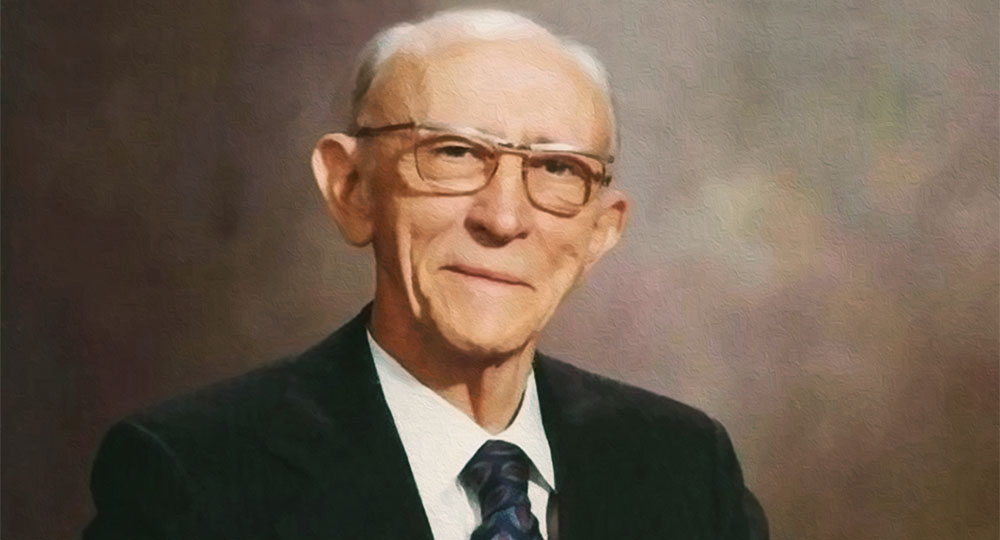Advice From Vance Havner
As we move closer and closer to the Rapture of the church, the world will grow more and more godless. Believers will become more marginalized, and more people will unwittingly fall under the spell of the Evil One.
Some of us may wonder how our prayers could make any difference, considering the fact that prophetic events will undoubtedly unfold as God has predetermined. British preacher Charles Haddon Spurgeon (1834–1892) offered some clarity in this regard:
Our Father’s will shall certainly be done, for the Lord “doeth according to his will in the army of heaven, and among the inhabitants of the earth.” Let us adoringly consent that it shall be so, desiring no alteration therein. That “will” may cost us dear; yet let it never cross our wills: let our minds be wholly subjugated to the mind of God. That “will” may bring us bereavement, sickness, and loss; but let us learn to say, “It is the Lord: let him do what seemeth him good.” We should not only yield to the divine will, but acquiesce in it so as to rejoice in the tribulation which it ordains.1
Whatever the circumstance, God commands us to pray: “Rejoice always, pray without ceasing, in everything give thanks; for this is the will of God in Christ Jesus for you” (1 Th. 5:16–18). Rather than allowing negative circumstances to overwhelm us, we should take the wonderful advice of the great Christian revivalist Vance Havner (1901–1986), who preached on what he called the Forgotten Beatitude, “Blessed is he who is not offended because of Me” (Mt. 11:6):
It is nothing new to be offended in Jesus. More people have been offended in Him than in any character in history. . . . We have murmured that we pray and do not receive. We gave our tithe and now we are in adversity. We were faithful to the Lord’s house and landed in a hospital. We prayed for our children and they became worldlings. We craved joy and peace but we are despondent. Across the street is an ungodly family that has suffered no loss, while our dearest was taken. “There is no use in praying. It reads very lovely in the devotional books but I seem unable to make it work.” We were in distress, and the Lord “abode where he was” and when He did appear we grumbled. . . . All such grumbling means that we have not learned the Forgotten Beatitude. Anybody can believe during fair weather. There is a deeper experience and a higher state which not many reach, a state in which, no matter what happens, we are never offended in the Lord, a state in which, whether it makes sense to us or not, we still believe Romans 8:28. Habakkuk started his book pouting and ended it praising. And blessed is the man who can say: “Though I don’t get what I want; though I may sow much and reap little; though others get the plums and I get the sack, I will rejoice in the Lord, I will be joyful in the God of my salvation.”2
We must let God be God and “be anxious for nothing, but in everything by prayer and supplication, with thanksgiving, let [our] requests be made known to God; and the peace of God, which surpasses all understanding, will guard [our] hearts and minds through Christ Jesus” (Phil. 4:6).
ENDNOTES
-
- Charles Haddon Spurgeon, “A Pattern for Our Earthly Life,” sermon, April 30, 1884, The Metropolitan Tabernacle Pulpit, vol. 30, spurgeon.org (tinyurl.com/CHS-1884).
- Vance Havner, “The Forgotten Beatitude” (articles.ochristian.com/article10714.shtml).









Dear Peter,
I am pastor Stephine Opio Ongora deputy overseer Team of God Worship International Ministries Uganda.
Wonderful sermons and teaching from you may he protect you and bless you.
Willing to host you in Uganda as guest speakers in one of our conferences is okay on your side.